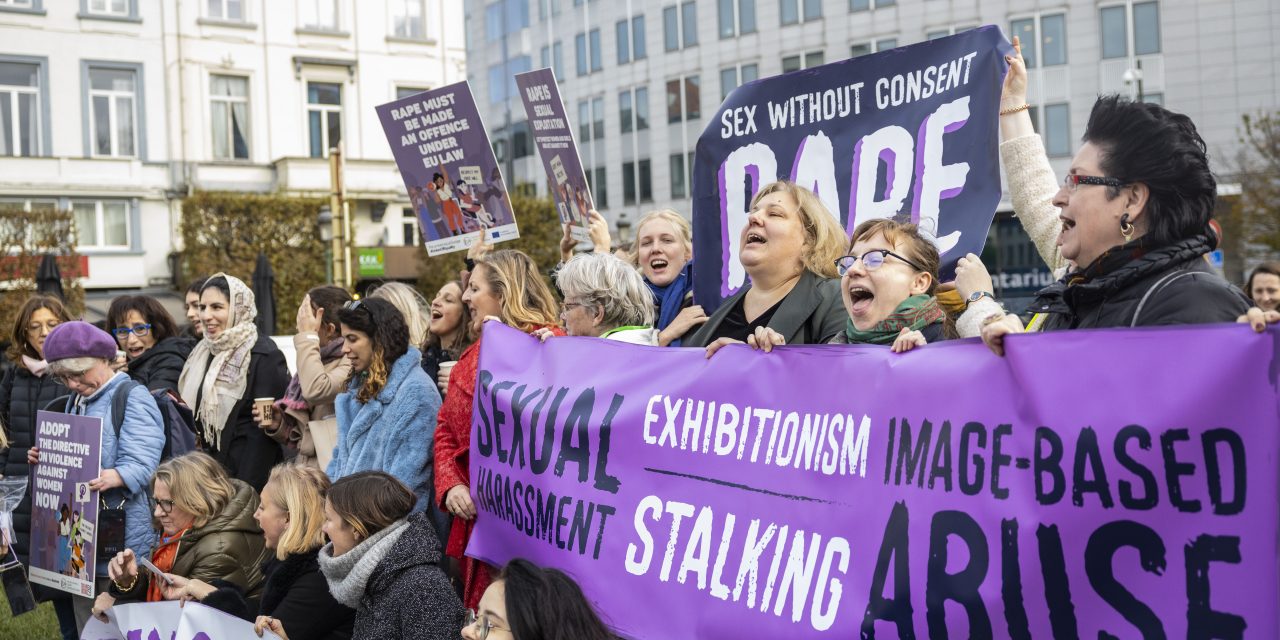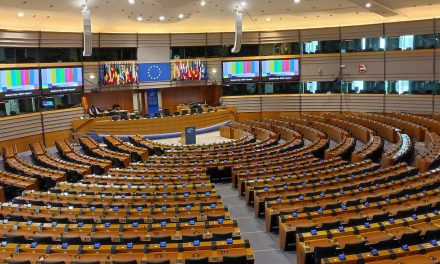A new EU directive aims to strengthen the protection of women against sexual violence in all member states. However, key countries such as Germany and France are at odds, refusing to define non-consensual sex as rape EU-wide. As the EU parliament elections approach next year, the directive faces increasing pressure to find common ground.
Statistics from the EU Agency for Fundamental Rights (FRA) are alarming—indicating that 1 in 10 women above the age of 15 in the EU has endured some form of sexual violence, with 1 in 20 experiencing the trauma of rape. However, the intricate web of differing legal rights across member states adds a layer of complexity to the pursuit of justice for survivors.
An analysis conducted by the European Women’s Lobby (EWL) reveals a striking diversity in the definition of rape across EU member states. The study identifies three distinct approaches, highlighting the lack of uniformity in legal frameworks. Notably, among the 27 member states, 11 countries persist in employing a forced-based approach, which places the burden on victims to provide evidence of physical resistance.
Germany and Austria adopt a ‘no means no’ approach in defining rape, necessitating victims to establish that they verbally communicated their lack of consent. In this model, consent is presumed until explicitly withdrawn. In contrast, an affirmative approach, characterized as ‘only yes means yes,’ is embraced by 14 countries. The key distinction lies in recognizing cases where women may be silent or passive. Situations can still be deemed as rape if explicit verbal consent has not been provided.
Fragmented Dialogues: The European Response to the Directive
The European member states find themselves divided into two distinct blocs in response to the new directive. While the Parliament enhances the commission’s proposal, the Council makes significant alterations, notably removing the EU-wide definition of rape. Opposing countries argue that this stems from a perceived lack of legal basis in the Treaties.
Frances Fitzgerald, a Member of Parliament and one of the rapporteurs of the report, discusses the hurdles in advancing the legislation, presents her counterarguments, and outlines the potential impact of this directive on women throughout the EU:
As more trialogues unfold, with the most recent one commencing on October 14th, Fitzgerald acknowledges the uncertainty surrounding the inclusion of rape as an offense in the directive. She emphasizes that confidence in this inclusion hinges on influential member states – Germany and France – seriously reconsidering their positions.
Loud and United: EWL’s Battle for a Gender-Sensitive Directive
For over 30 years, EWL has been advocating for the implementation of a directive like this, as highlighted by Irene Rosales, Policy and Campaigns Officer of the umbrella organization. “Not long ago, we were told that it was not possible, so we see that progress has been made.” A recent event held in front of the parliament is a part of the ‘Loud and United to End Violence Against Women and Girls’ campaign.
The campaign is driven by the concern that ongoing negotiations might lead to a directive lacking a strong gender-sensitive perspective. Rosales underscores the significance of incorporating rape into the legislation, emphasizing it as one of the most heinous forms of violence against women.
Taking a closer look at the EWL’s emphasis on raising awareness for the directive and their proactive strategies to achieve goals, the Campaigns Officer offers a detailed perspective on their approach:
The inclusion of rape as an offense in the directive hinges on the decisions made by the council and, consequently, the member states. The window of opportunity extends until March; beyond that, new elections will reset the process. Rosales now sees it as a crucial matter of political will.




